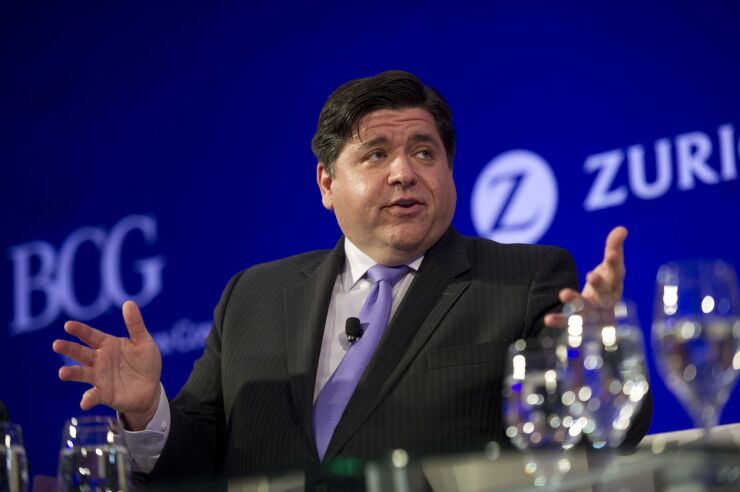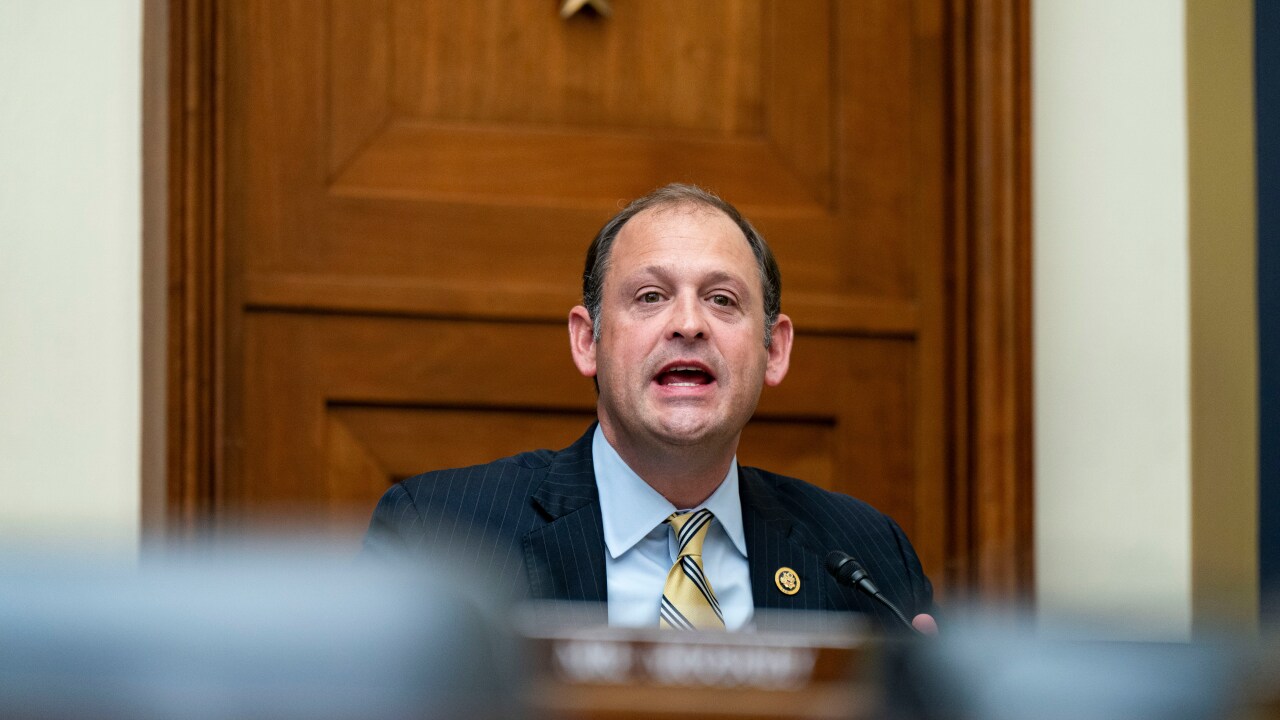
State and local leaders are appealing directly to federal lawmakers to do more to combat financial woes due to the coronavirus pandemic, including giving direct funds to local governments to be used for lost revenue.
In a Committee on Homeland Security hearing Wednesday afternoon, Jason Shelton, mayor of Tupelo, Mississippi asked for federal funds to be delivered to local governments to shore up those lost revenues due to economic hardship. This comes as the National League of Cities anticipates a $360 billion loss in revenue for local governments over the next three years.
Federal money is needed to provide basic services such as fixing potholes and traffic lights, Shelton said for its city of 38,000 residents.
“The lost revenue due to the economic crisis of COVID-19 is going to severely diminish our ability to provide these basic services,” Shelton said. “That’s why direct funding from the federal government to local governments is desperately needed.”
The Coronavirus Aid, Relief and Economic Security Act, signed into law in March, provided $150 billion to states, territories including the District of Columbia, as well as local governments with populations over 500,000. That $150 billion is restricted to only COVID-19 expenses.
During the hearing, Rep. Clay Higgins, R- La., asked Illinois Governor J.B. Pritzker how he was allocating funding from the CARES Act to local governments.
States have faced legislative hurdles in getting that federal funding to smaller municipalities.
“This a challenge across the country and I’m interested to see how you handled that,” Higgins said.
Pritzker said the state did not have an entity through which it could distribute CARES Act funds and had to pass a law to send out those funds.
“There is a direct amount of money that goes directly to the counties and cities across the state,” Pritzker said.
Higgins asked if Pritzker had determined a path forward to distribute funding to which Pritzker said yes and it’s one that other states could follow.
“That’s exactly what our president has done in response to this incredible challenge that we’ve never faced before as a nation,” Higgins said. He added that funding was intended to be distributed by the states.
Higgins asked Shelton if his city had issues with receiving CARES Act funding. Shelton said he had not received federal funds and reiterated that federal funds could not be used to cover revenue losses.
Rep. John Katko, R- N.Y. asked Shelton again about those funds to which he said of the $1.2 billion in federal funds sent to Mississipi, Tupelo had yet to see those funds directly.
“Local governments under the acts were eligible for reimbursement for actual unbudgeted expenses incurred as a result of COVID-19,” Shelton wrote in his written testimony. “For many cities and local governments, however, the actual expenses incurred paled in comparison to the most significant harm incurred by local governments – the loss of revenue from the economic crisis caused by COVID-19.”
Tupelo receives about 50% of its annual revenue from sales tax collections, Shelton wrote, which have now been greatly reduced due to COVID-19.
Rep. Bennie Thompson, D- Miss., who is chairman of the committee wrote in his opening statement that President Trump’s administration has been a failure in response to COVID-19.
“He ignored early intelligence on the virus, continues to disregard the opinions of doctors and scientists including those in his own administration, and perpetuates misinformation about COVID-19 rather than allowing the experts to speak directly to the American public about the disease,” Thompson wrote.





